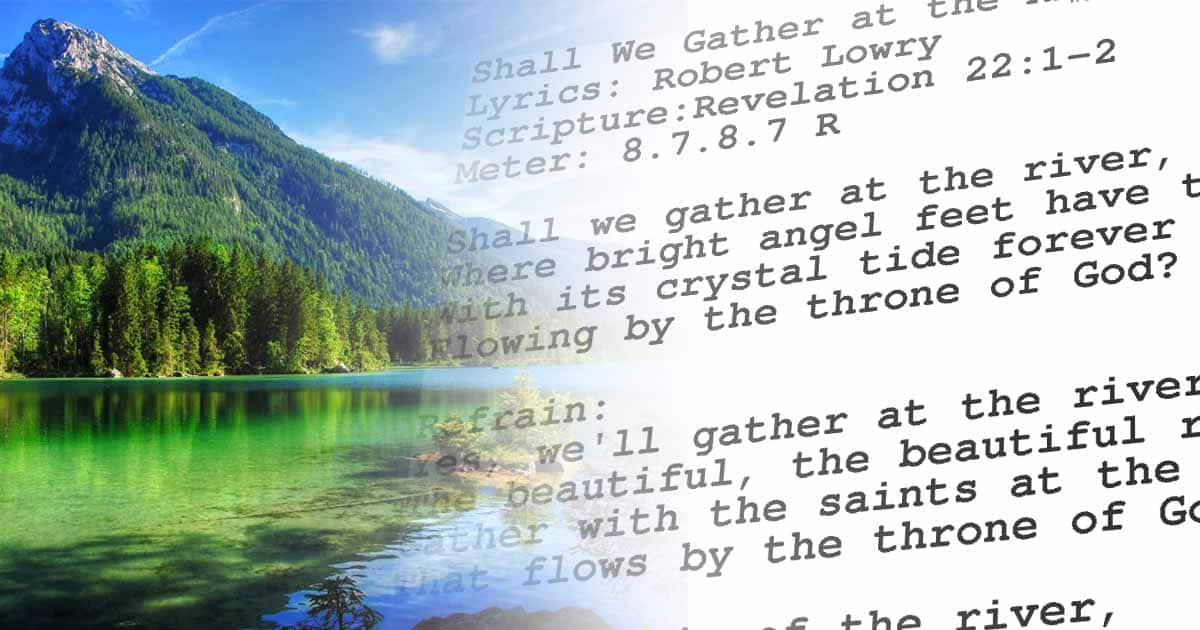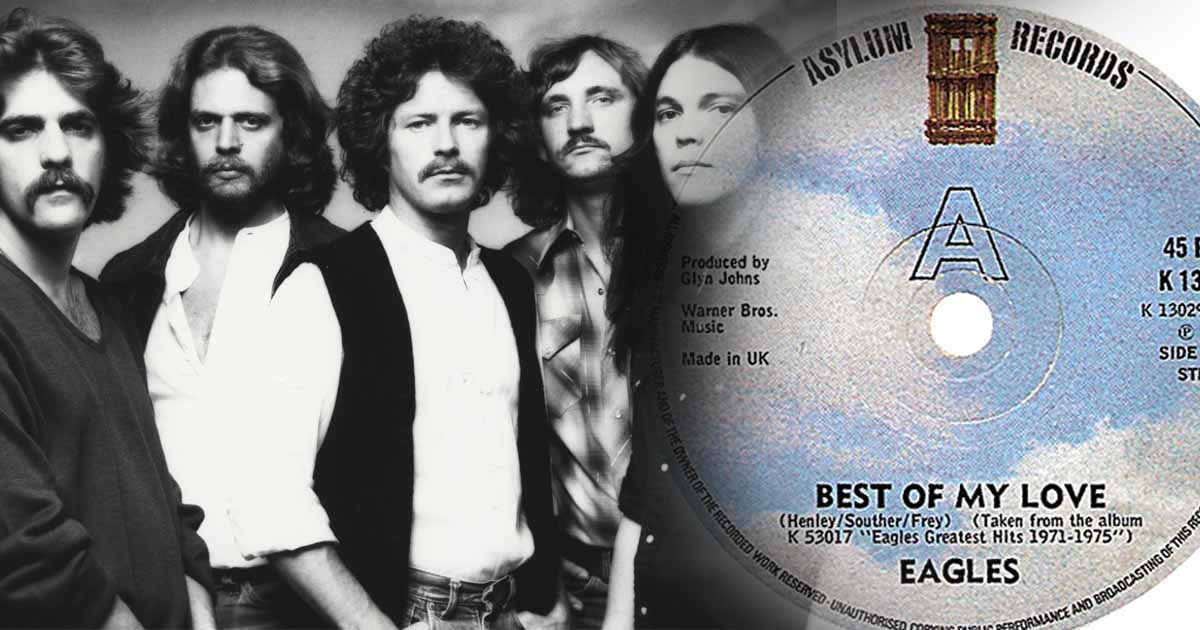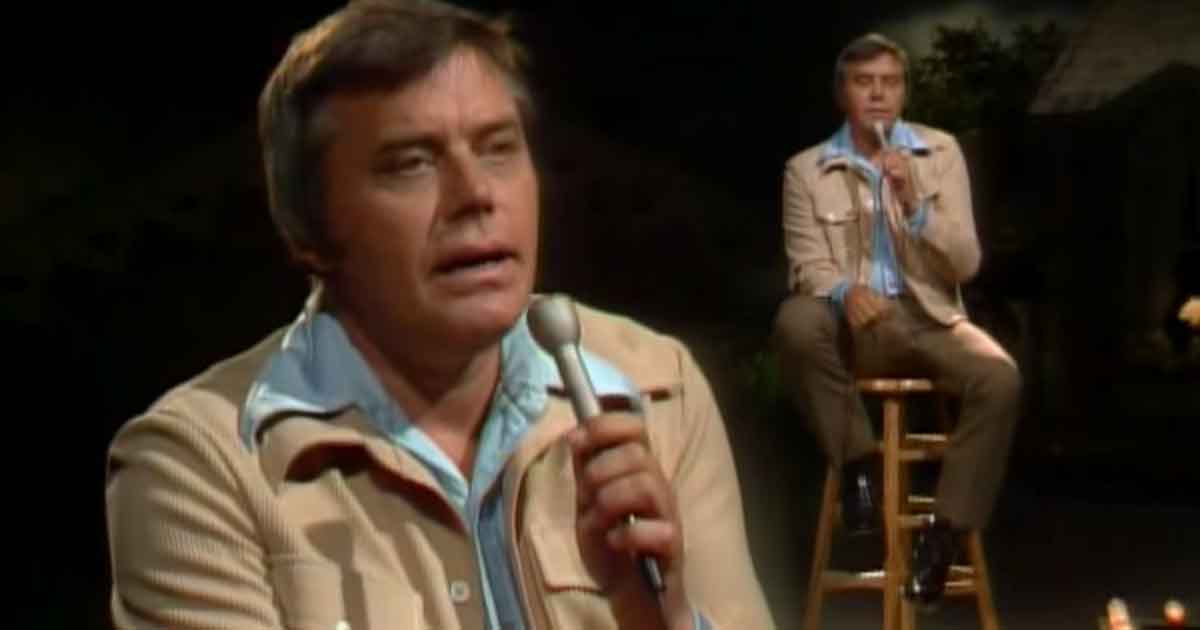Being in a place where you can have the best that this worldly life fails to offer is truly worth looking forward to. But, how many of us pay attention to that? Certainly, only a few. The truth is, many of us are so focused on the earthly pleasures which are but temporary. The world ejects strong forces that try to direct our attention to the evil. Likewise, this pushes us away from the will of God. As a result, our aim for short-term happiness has overshadowed our desire for the eternal one. This, of course, can only be experienced with God, the saints, and our brethren who’ve gone ahead of us. Let the hymn “Shall We Gather at the River” ignite in us a burning desire to be in that real paradise when the right time comes. And after you listen to it, you’ll realize that such a journey with the saints toward God is something to cherish for life.
“Shall We Gather at the River”
The Inspiration
The hymn was inspired by its author Robert Lowry’s musings about the apocalypse which took in the form of a tableau. In that vivid imagery, he saw three things: the throne, the heavenly river, and the gathering of the saints. The throne appears to be the brightest. He then began wondering why most hymn writers focused on writing songs that emphasize the “river of death” while very few talked about the “pure water of life, clear as crystal, proceeding out of the throne of God and the Lamb.” This line originated from the book of Revelation (22: 1-2).
The Writing
As Lowry immersed himself into that line, the words to the hymn “Shall We Gather at the River” came to him spontaneously. It began with a Christian query, “Shall We Gather?” This question got an answer in the chorus, “Yes, we’ll gather.” The hymn developed itself out of this question-and-answer flow of thoughts. Likewise, the melody came along with the words. The 1985 Academy Award-winning movie, “Trip to Bountiful,” featured a portion of the hymn. Also, it was sung as a tribute to the late American Supreme Court Justice William O. Douglas at his funeral.


















